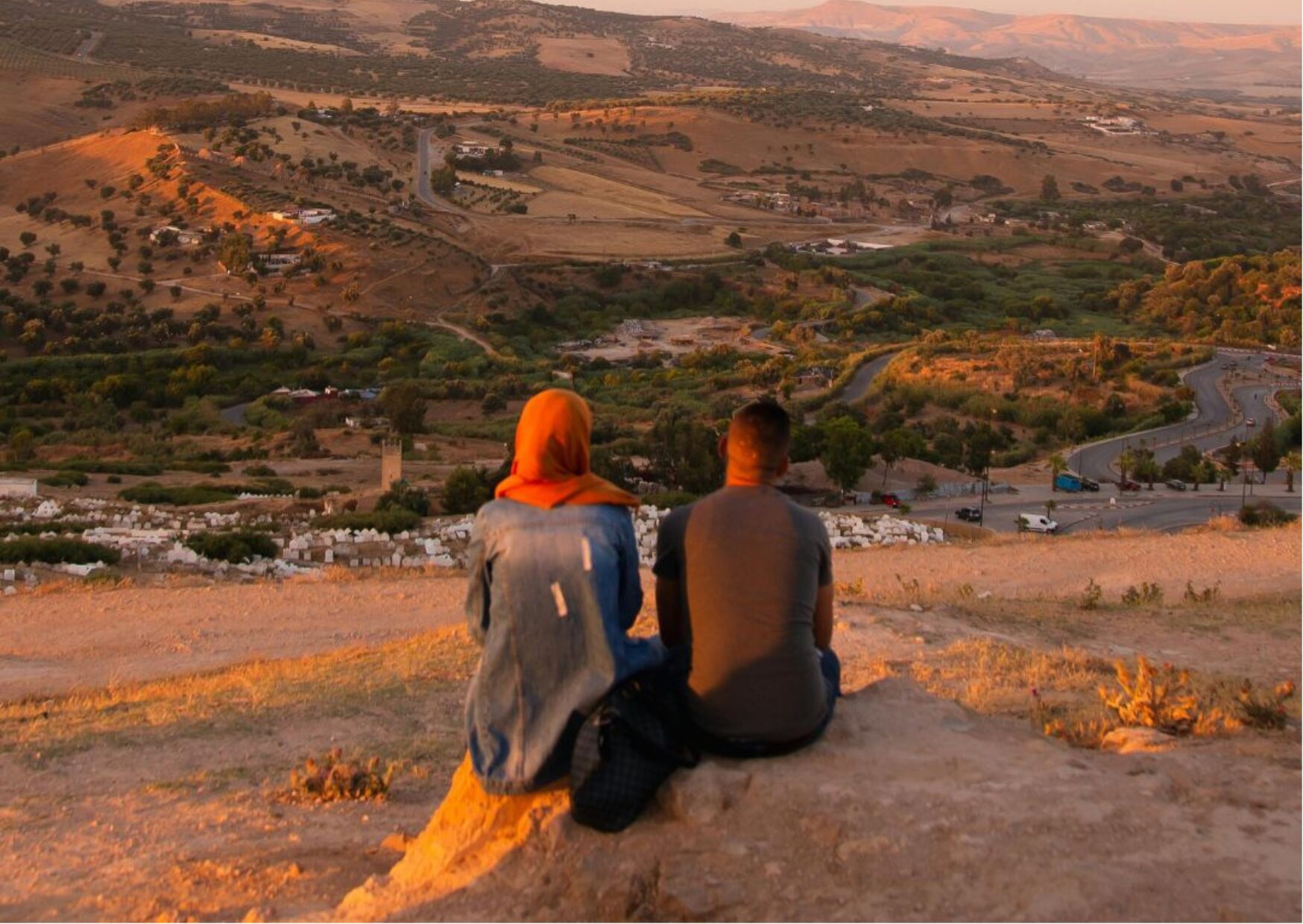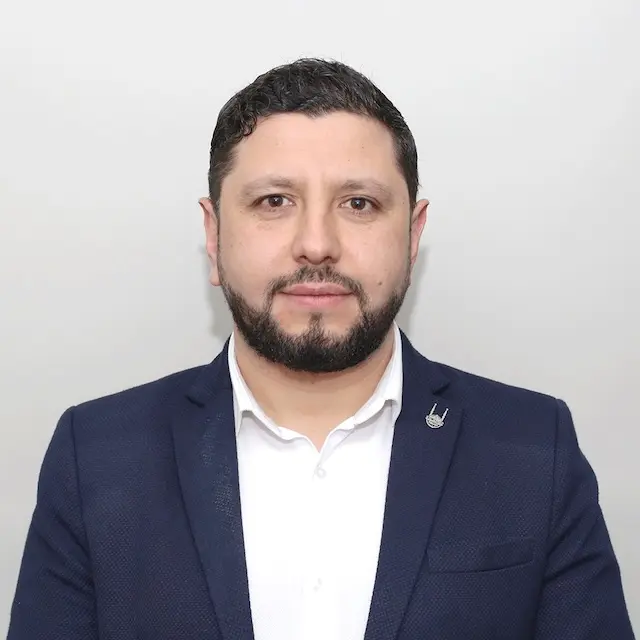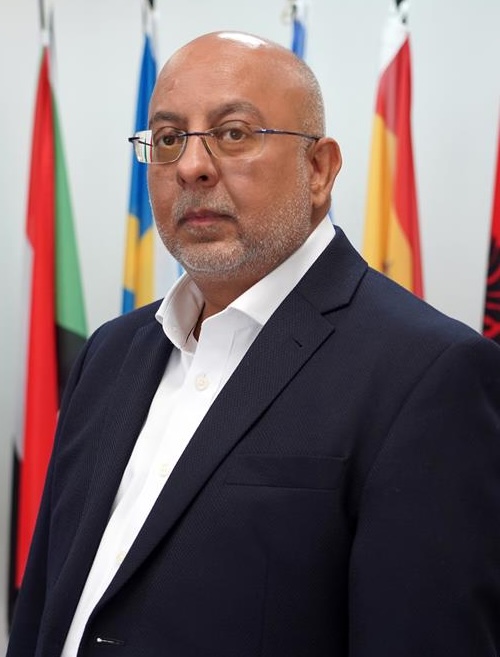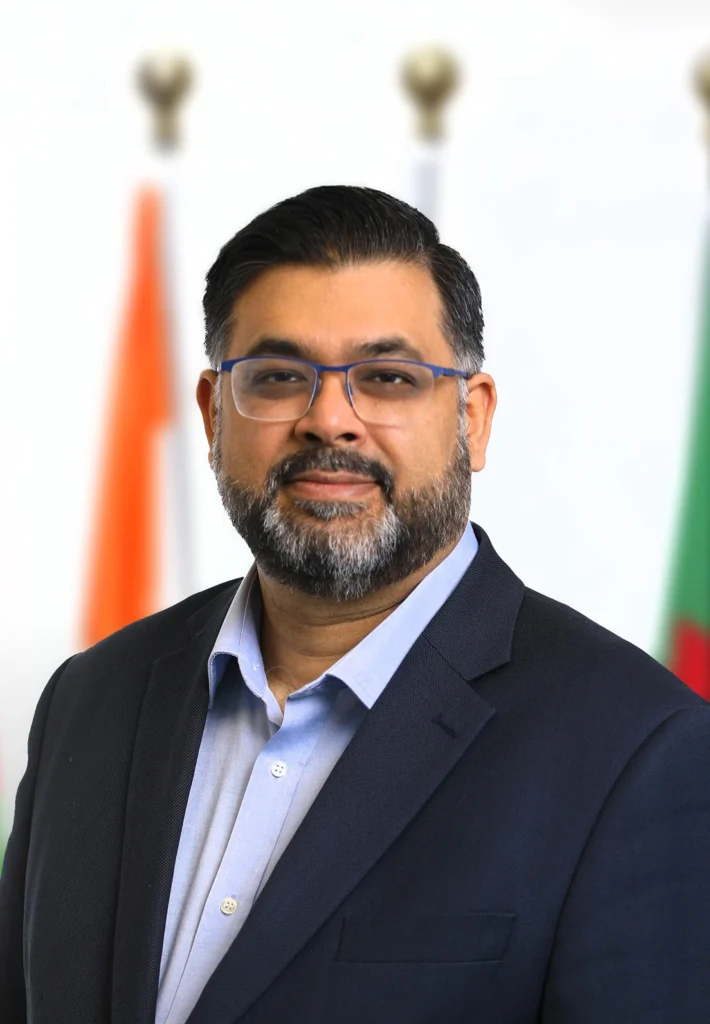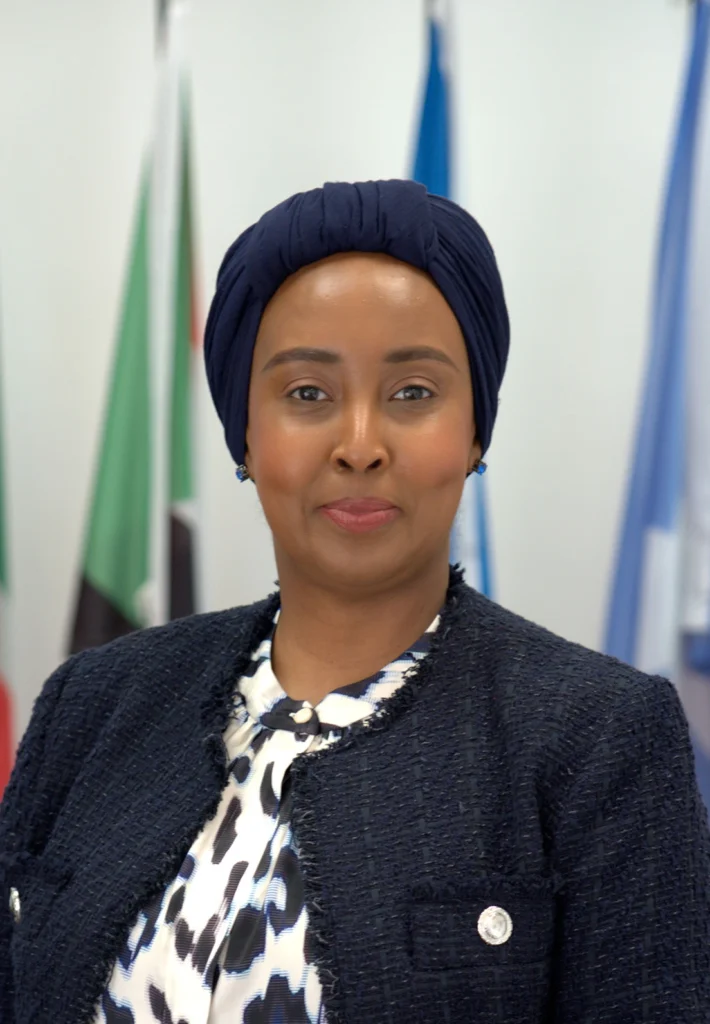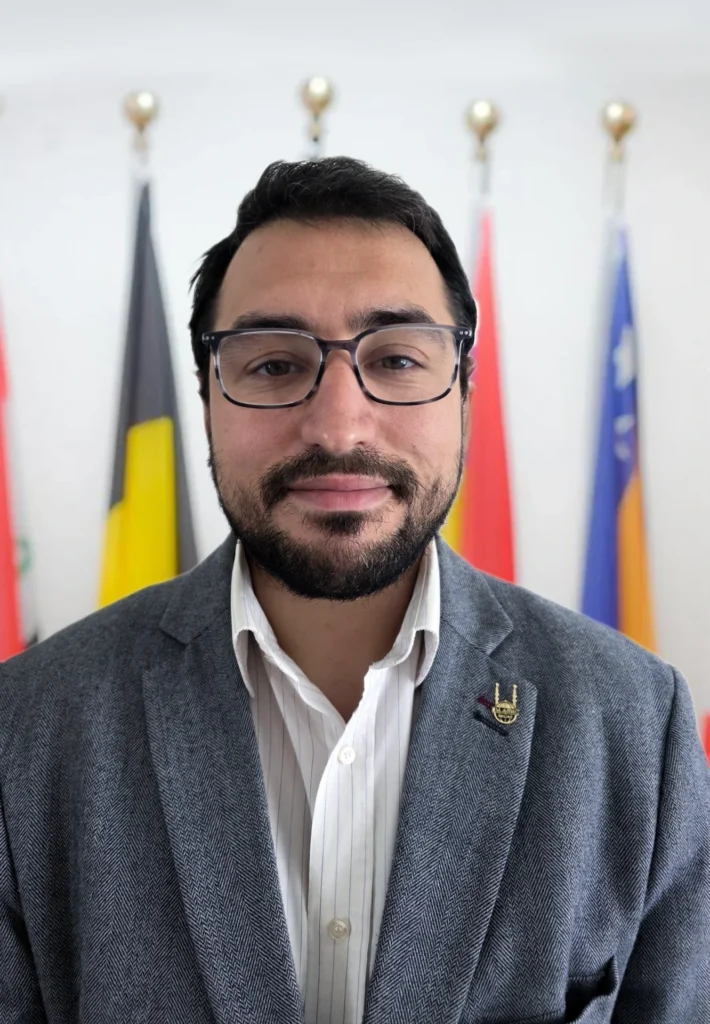In Somalia, a country where nearly all women have experienced female genital mutilation/cutting (FGM/C), the voices of survivors are growing louder.
FGM/C leaves in its wake a legacy of pain, trauma and loss. For women like Rahena*, the journey to reclaim their dignity and fight for change after experiencing FGM/C is a deeply personal and urgent one.
Rahena, a determined 22-year-old, lives in Mogadishu. She has endured a lifetime of difficulty after undergoing FGM/C as a child. Her story, like those of countless other women and girls, underscores the deep need for change and the vital role Islamic Relief plays in dismantling harmful traditions and protecting future generations.
A stolen childhood
“I was just 7 years old. I didn’t understand what was happening,” Rahena says. “My mother told me it was necessary, that no man would marry me otherwise.”
In that moment, Rahena’s innocence was stripped away, replaced by physical pain and lifelong complications.
For millions of girls in Somalia, FGM/C is a brutal rite of passage that leaves both physical and mental scars. In Somali culture, FGM/C is portrayed as a means of preserving a girl’s honour and securing her future through marriage. Elders often enforce the practice, passing down harmful beliefs through generations, causing devastating health issues and robbing girls of their right to safety and health.
The hidden wounds of FGM/C
Rahena’s story reveals the enduring physical and emotional toll of FGM/C. After the procedure, she experienced chronic pain that grew worse as she matured.
“When I got my period, the pain was unbearable. My back ached, and I struggled with pelvic pain for days. No one prepared me for this.”
Marriage offered no reprieve. Physical intimacy with her husband was excruciating – a constant reminder of what she had endured. Motherhood brought further challenges. Her labours lasted between 3 and 5 days, each a traumatic experience.
“I was fortunate to live in the city where hospitals could help me,” Rahena says. “But in rural areas, women don’t survive. They bleed to death or suffer fatal infections.”
Now a mother of 2 daughters, Rahena is determined to ensure they do not face the same fate.
“I’ve made it my mission to protect my daughters from this practice. No girl deserves to endure what I went through. The key to ending FGM/C lies in education and community action.”
Breaking the cycle
Despite the deep cultural roots of FGM/C, survivors like Rahena are leading efforts to challenge and change these harmful traditions. Supported by Islamic Relief, they are raising awareness in their communities, working to educate parents and advocating for the protection of women and girls.
Islamic Relief has taken a multifaceted approach to addressing FGM/C in Somalia and elsewhere. By engaging with religious leaders, community elders and youth groups, we are fostering open conversations and dispelling myths surrounding the practice. Religious leaders who speak out against FGM/C can be particularly impactful, using their authority to clarify that FGM/C has no basis in religion and is instead a violation of human rights.
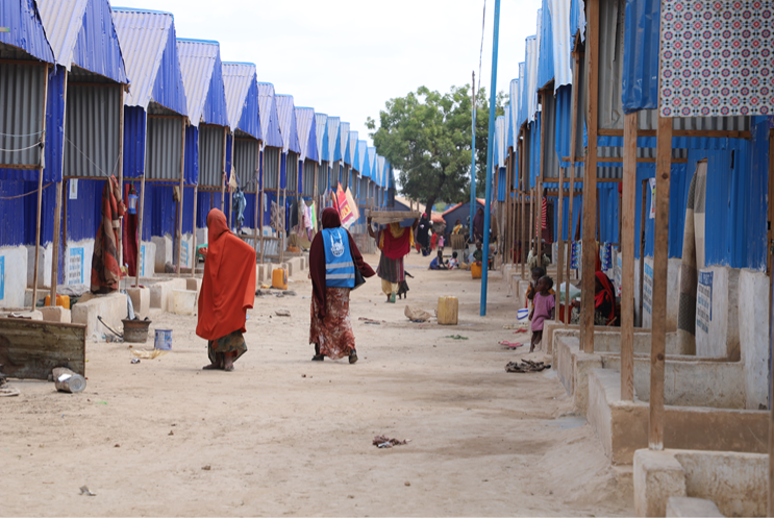
Islamic Relief shelters in Balcad, Somalia offer support to vulnerable families and foster community dialogue on health and well-being, including efforts to combat FGM/C.
In urban areas, grassroots campaigns are showing promising results. Islamic Relief’s programmes raise awareness on the health risks of FGM/C, offer medical and psychological support to survivors and promote alternative rites of passage that honour cultural traditions without inflicting harm.
While communities in urban areas are seeing progress, those living in rural regions still face significant challenges. Islamic Relief’s outreach teams work tirelessly in these remote areas, collaborating with local women to shift attitudes by empowering them to speak out against FGM/C. By funding mental health support and training for community leaders, we can create a world where no girl needs to endure the pain of FGM/C.
Islamic Relief’s survivor-led initiatives, educational programmes and campaign efforts rely on your support as much as our emergency and development work. Please donate now to help us end FGM/C and support people in need around the world.
*Name has been changed to protect confidentiality
